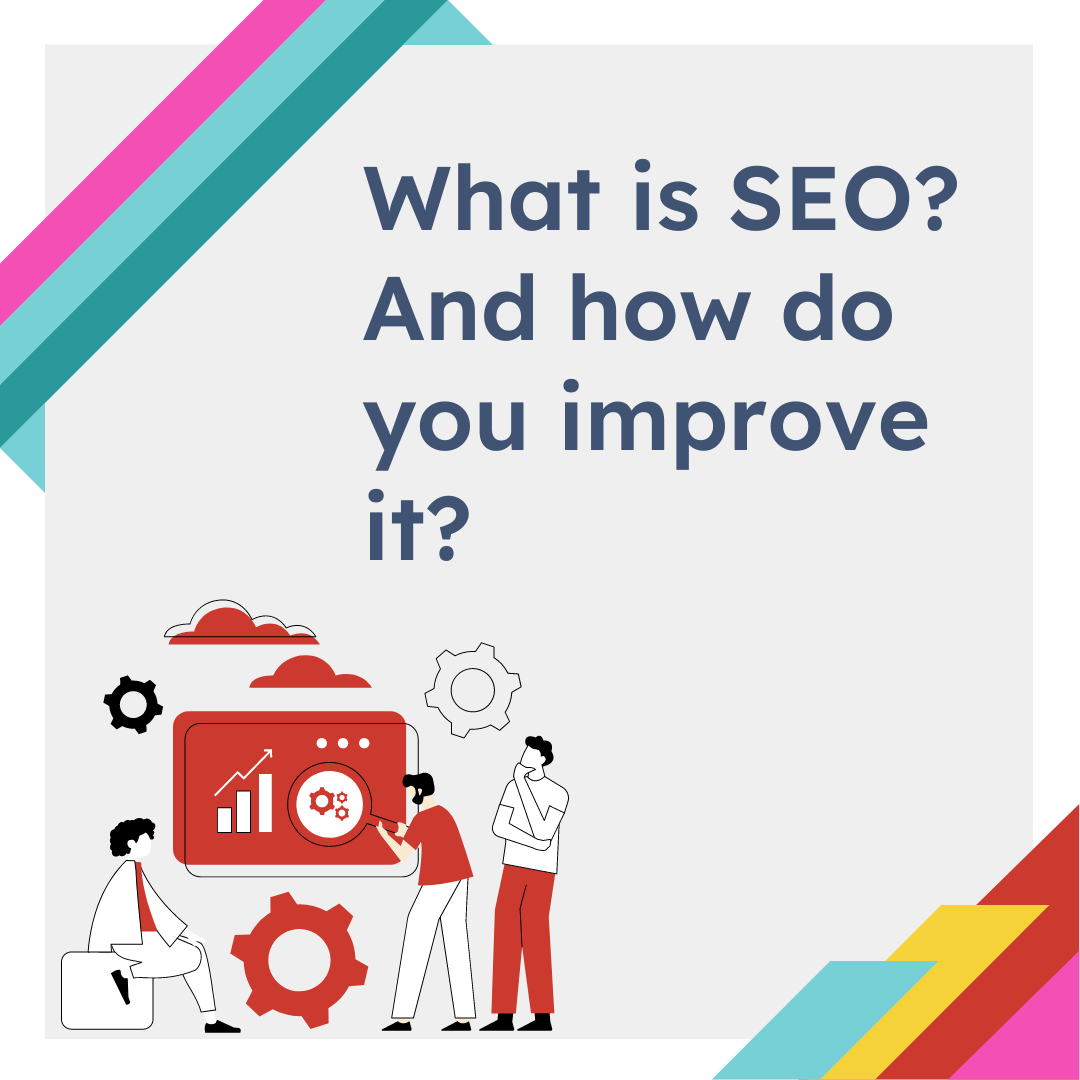Why should you do SEO?
Increased visibility on Search: SEO helps improve your website’s visibility in search engine results pages (SERPs). When your website appears higher in the rankings, it has a better chance of attracting organic traffic from users searching for relevant keywords. Increased visibility can lead to more exposure, brand awareness, and potential customers or clients.
Organic Traffic: SEO focuses on optimizing your website’s content, structure, and technical aspects to make it more attractive to search engines. By following SEO best practices, you can improve your website’s organic rankings, resulting in a steady flow of targeted and high-quality traffic. Organic traffic is valuable because it comes from users who are actively seeking the products, services, or information you offer.
Cost-Effective Strategy: Compared to other digital marketing methods like paid advertising, SEO offers a cost-effective long-term strategy. While it requires time and effort to implement, the results can be long-lasting. Once your website ranks well for relevant keywords, you can continue to generate organic traffic without paying for each click or impression.
Improved User Experience: SEO involves optimizing your website for both search engines and users. By implementing SEO best practices, you make your website more user-friendly, with easy navigation, fast loading times, and relevant content. A positive user experience not only helps in converting visitors into customers but also contributes to higher search engine rankings.
Competitive Advantage: In today’s digital landscape, businesses are constantly vying for online visibility and customers’ attention. By implementing effective SEO strategies, you can gain a competitive advantage over your competitors. Outranking your competitors in search results can position your business as an industry leader and attract more potential
customers.
SEO can be done through a variety of techniques, including:
- On-page optimization: This involves optimizing the content and structure of a website to make it more search engine friendly.
- Off-page optimization: This involves building links to a website from other websites.
On-page optimization
On-page optimization is the process of improving the content and structure of a website to make it more search engine friendly. This can be done by:
Using relevant keywords: When you’re writing your content including product descriptions, use relevant keywords throughout your content. Make sure to use them in your titles, meta descriptions, and throughout your content.
Creating high-quality content: The most important factor in SEO is the quality of your content. Make sure your content is well-written, informative, and relevant to your target audience.
Optimizing your titles and meta descriptions: Your titles and meta descriptions are the first thing that people will see when they search for your website. Make sure they are well-written and accurately describe the content of your pages.
Using images: Images can help improve your website’s SEO. Make sure your images are relevant to your content and that you use descriptive alt text.
Making your website mobile-friendly: More and more people are using their mobile devices to search the web. Make sure your website is mobile-friendly so that it can be easily viewed on mobile devices.
Keeping your website up-to-date: Search engines like fresh content. Make sure you are regularly adding new content to your website.
Off-page optimization
Off-page optimization is the process of building links to a website from other websites. Backlinks are a very important factor in SEO. Make sure to build backlinks from high-quality websites that are relevant to your niche.
Build High-Quality Backlinks: Acquire backlinks from authoritative and relevant websites in your industry. Focus on natural and organic link-building techniques, such as guest posting, influencer outreach, and creating compelling content that naturally attracts links. Quality matters more than quantity, so aim for authoritative and reputable websites.
Social Media Engagement: Be active on social media platforms and engage with your target audience. Share your content, interact with followers, and encourage social sharing. This can increase your brand visibility, drive traffic to your website, and potentially lead to natural backlinks.
Online Directory Listings: Submit your website to relevant online directories, including local business directories and industry-specific directories. This can help improve your website’s visibility
and authority while also providing valuable backlinks.
Guest Blogging: Contribute high-quality guest posts to authoritative websites in your niche. This not only helps establish your expertise and authority but also allows you to include links back to your website. Focus on providing valuable content that benefits the readers of the target website.
Influencer Partnerships: Collaborate with influencers or industry experts to promote your brand or content. This can be through guest appearances on their podcasts, interviews, or co-creating content. The exposure from such collaborations can lead to increased brand visibility, website traffic, and potentially, backlinks.
Overall, SEO is essential for maximizing your online presence, attracting organic traffic, and achieving sustainable growth for your website or business. It helps you connect with your target audience, improve user experience, and stay ahead of the competition in the online marketplace.
Studioworx can provide a full SEO audit and health check that will allow us to fix site health issues, identify keyword opportunities and create a full SEO strategy. Contact us to find out more.
